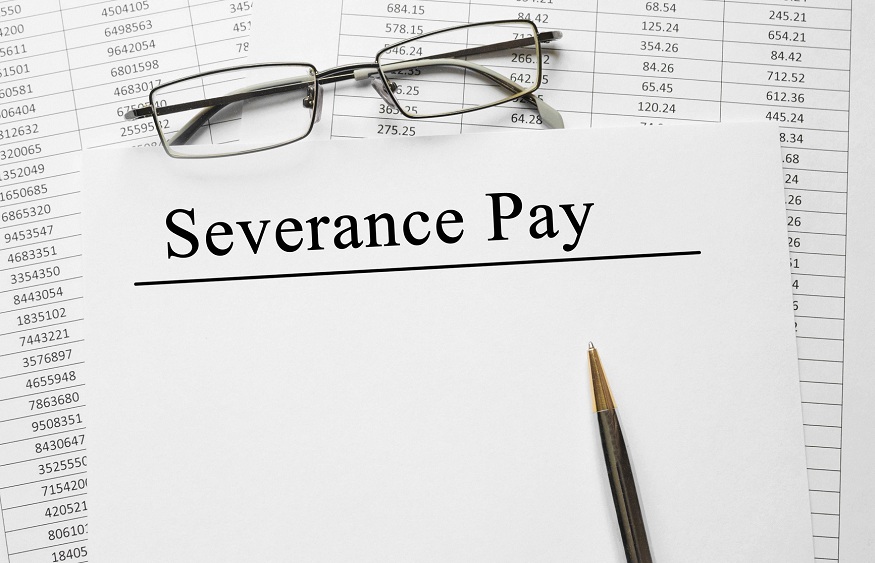Severance agreements are legal documents used during the termination of an employee’s job. The employee and their employer sign it. It includes both parties’ rights and responsibilities. The contract consists of benefits that an employee is entitled to, like insurance plans and severance pay. The documents also include the surety that the worker is in agreement with the company on the factor that they were not laid off wrongfully from the job. Click here to learn more.
Why is a severance agreement significant?
One of its purposes is to make sure that the worker is in agreement with the terms and conditions of their job termination. They agree not to file a case for wrongful termination when they sign the contract. A severance agreement allows the employee and employer to end their relationship on a positive note and reduce the chances of tension between each other due to the benefits and severance pay an employee is entitled to receive. The employee will have a crystal clear understanding of the terms and conditions of the document when they go through it thoroughly. This will ensure that there is no tension or chances of conflict between the employee and their employer.
What does a severance agreement contain?
A severance agreement commonly comprises the following mentioned elements. However, they vary from company to company:
- Proper dates: The agreement paper should mention the appropriate dates of employment, such as the date of hiring and the date of termination. It should also include the scheduled times for receiving benefits and any other terms that the employer and employee have agreed upon.
- Severance pay: Most severance payments are calculated based on the duration of the worker’s employment, and they can receive the amount as regular payments for a time frame or a lump sum. The severance pay section also talks about how the unused paid leave or holiday benefits will be compensated to the employee by the company.
- Health insurance: Layoff workers still have the right to receive the health insurance secured under their company for at least 18 months. This is a rule implemented by the COBRA. This section of the document should mention further information about this condition along with its end date.
- Return of company property: Many companies provide their employees with company-owned items that they must return after their termination from the company.
- Nondisparagement clause: Some employers include a clause known as the nondisparagement clause in the severance agreement, which ensures that the employee does not speak ill about the company or its stakeholders.

